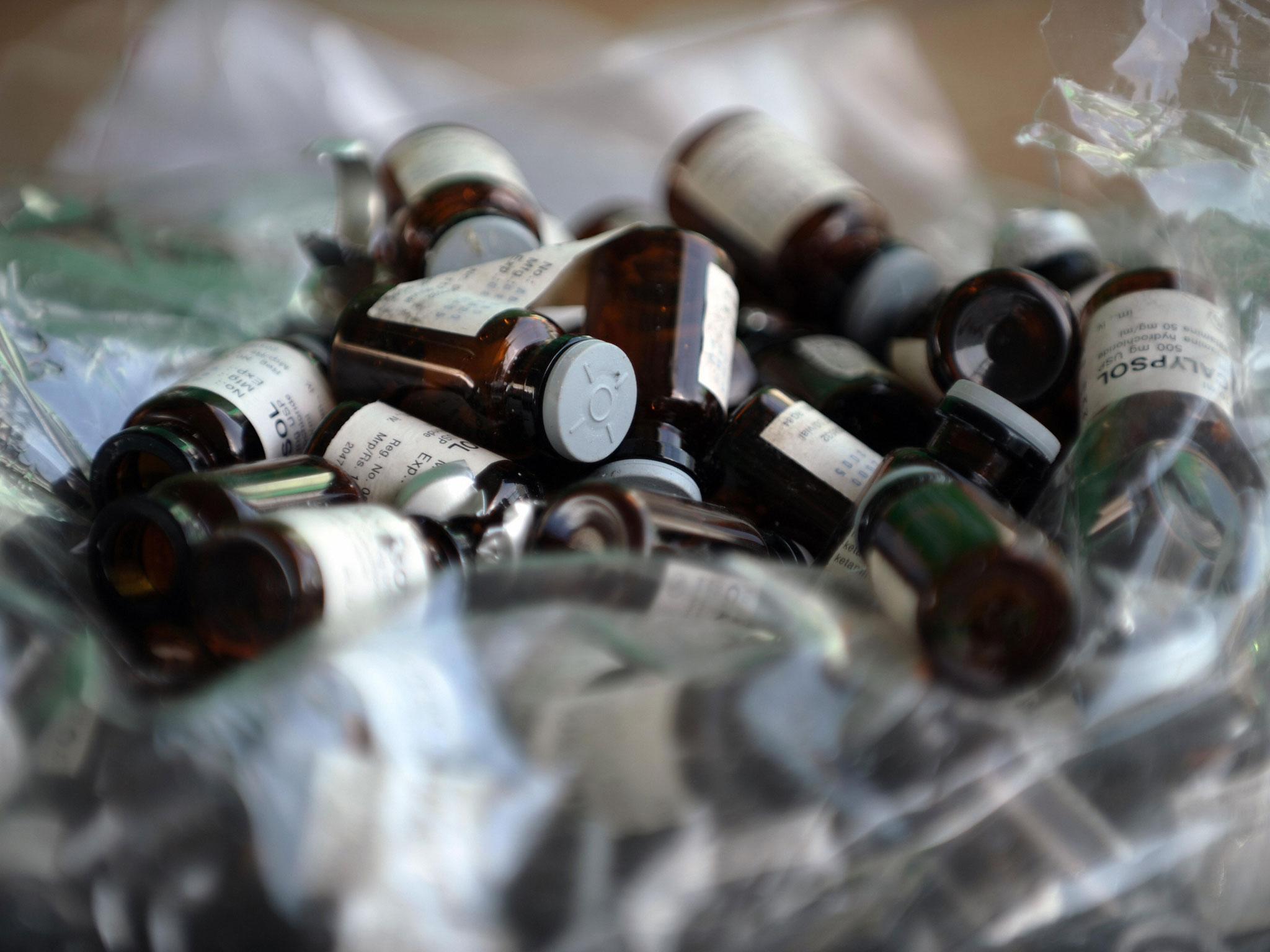Ketamine should be upgraded to Class B drug, say government advisors
The anaesthetic has become a popular recreational drug

Your support helps us to tell the story
From reproductive rights to climate change to Big Tech, The Independent is on the ground when the story is developing. Whether it's investigating the financials of Elon Musk's pro-Trump PAC or producing our latest documentary, 'The A Word', which shines a light on the American women fighting for reproductive rights, we know how important it is to parse out the facts from the messaging.
At such a critical moment in US history, we need reporters on the ground. Your donation allows us to keep sending journalists to speak to both sides of the story.
The Independent is trusted by Americans across the entire political spectrum. And unlike many other quality news outlets, we choose not to lock Americans out of our reporting and analysis with paywalls. We believe quality journalism should be available to everyone, paid for by those who can afford it.
Your support makes all the difference.Ketamine should be upgraded from a Class C to a Class B drug, government advisors have said, warning that doctors and the public are often unaware of the dangers of the drug.
An anaesthetic used in medical operations and by vets, which has become a popular recreational drug, ketamine is now taken by around 120,000 people. Between one and two per cent of 16 to 24-year-olds are believed to have used the drug.
The Advisory Council on the Misuse of Drugs (ACMD) has recommended upgrading the drug, in light of new evidence of its harms, which in long-term users can include serious bladder damage, leading to pain when passing urine and in extreme cases can require the organ to be removed.
In a letter to the Home Secretary Theresa May and the Health Secretary Jeremy Hunt, chair of the ACMD Professor Les Iversen said that “evidence of physical harm” had increased since the drug was last investigated by the Council in 2004.
If ministers act on the ACMD’s advice and upgrade Ketamine, illegal possession of the drug could result in a five-year jail sentence, up from the current maximum term of two.
Those caught supplying ketamine could face up to 14 years in prison or an unlimited fine.
“What we’re talking about now is misuse of the drug by users, some of whom are taking large doses, seven days a week, every week,” said Professor Iversen, “That’s a situation that has never occurred before with this drug and surprising, serious new harms have emerged.”
Between 700 and 800 people are now being referred to drug dependence clinics because of ketamine use every year, up from just 115 in 2005, said Dr Paul Dargan, chair of the ACMD’s Ketamine Working Group.
It is often taken along with other drugs such as MDMA, and its use is more common among clubbers, the ACMD said. It has an hallucinatory and euphoric effect but can also induce short-term impacts including impaired consciousness, agitation, and a sense of dissociation from one’s environment.
There is also evidence that long-term users suffer impairments to both their short and long-term memory.
Dr Dargan said that awareness of ketamine’s long-term effects was lacking both among the public and some doctors, and urged GPs to ask patients from high-risk age groups about illicit drug use if they presented with symptoms such as pain passing urine or abdominal pain.
Join our commenting forum
Join thought-provoking conversations, follow other Independent readers and see their replies
Comments